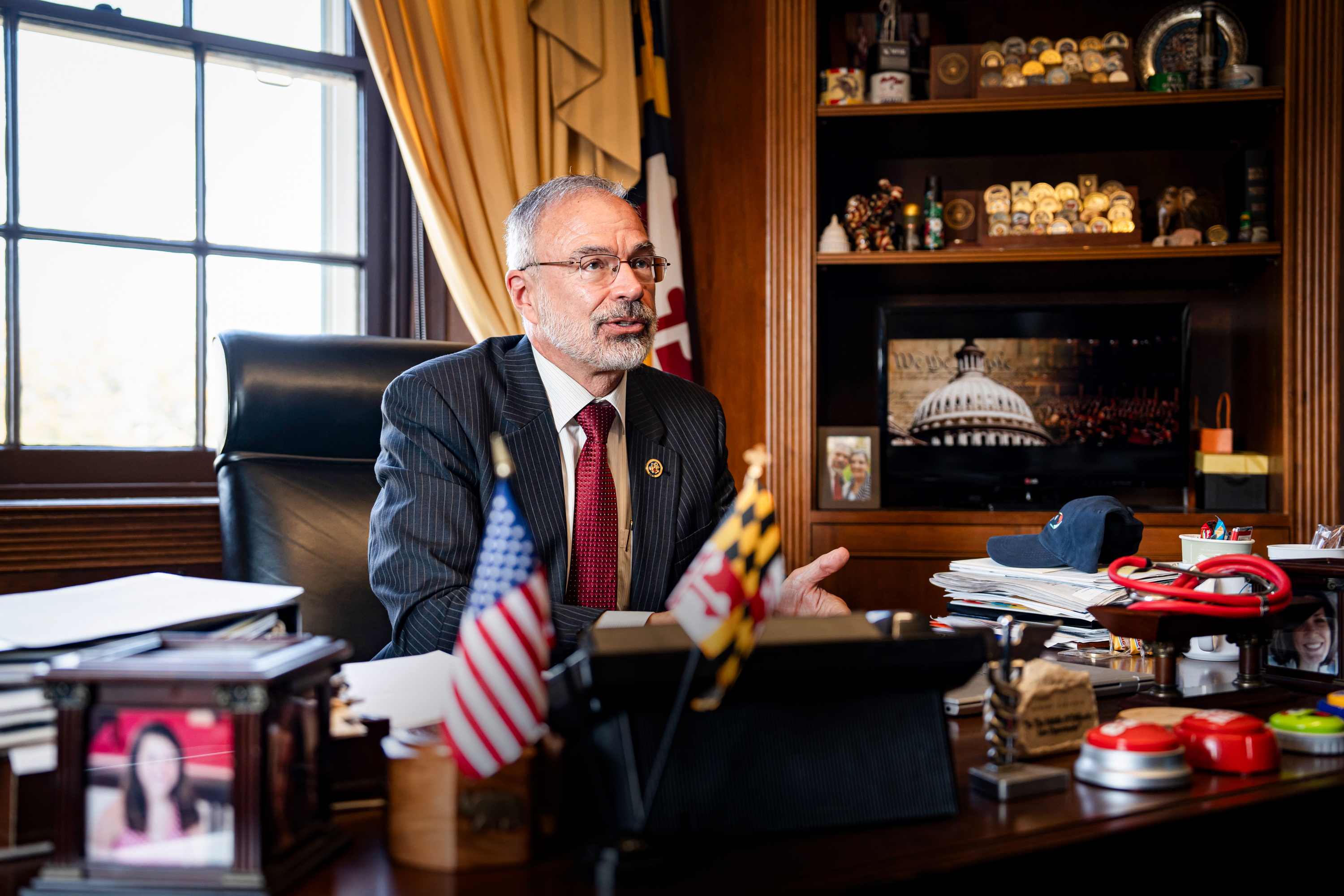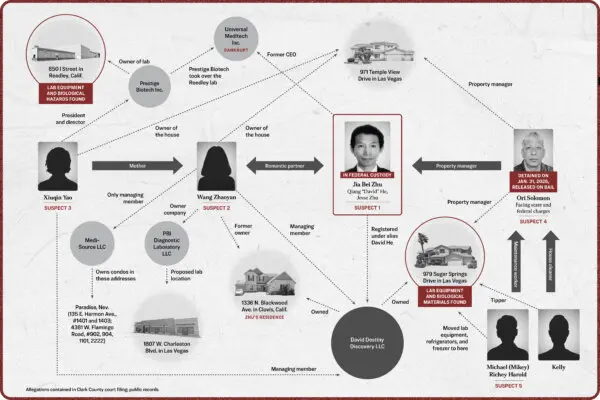WASHINGTON—Andy Harris visited Washington at the age of 14 and, upon seeing the Capitol, envisioned working there someday.
That dream has become a reality. At 53, Harris became a member of the House of Representatives from Maryland’s First Congressional District.










